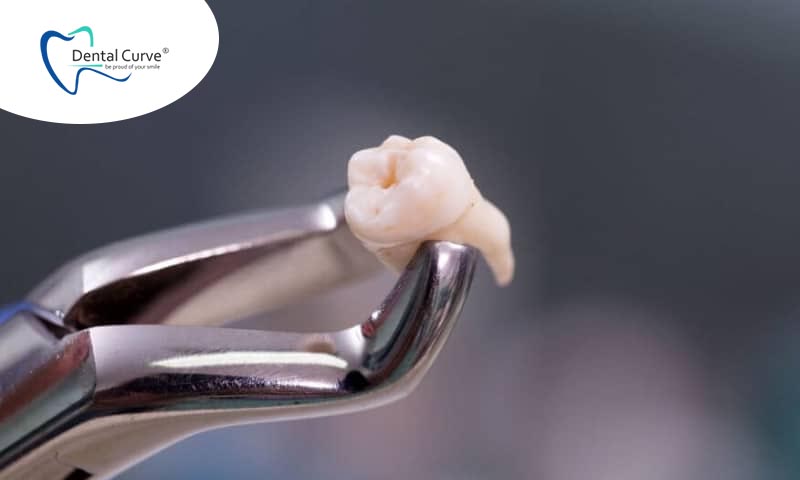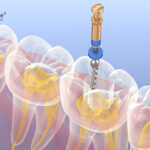Wisdom teeth, also known as third molars, typically emerge in the late teens or early twenties. For many, these teeth can cause complications due to their size and position in the mouth. While some people may not experience any issues with their wisdom teeth, others may face various problems if extraction is avoided. Let’s explore five significant complications that can arise from not getting wisdom teeth extracted.
- Crowding and Misalignment: One of the most common issues associated with wisdom teeth is crowding. When there isn’t enough space in the jaw for these additional teeth, they can push against existing teeth, causing them to shift out of alignment. This can lead to crooked teeth, bite problems, and even jaw pain. Over time, the misalignment caused by impacted wisdom teeth can necessitate orthodontic treatment to correct.
- Impaction: Wisdom teeth often become impacted, meaning they don’t fully emerge through the gums. Impacted wisdom teeth can be partially or completely trapped beneath the gum line or jawbone. This can result in pain, swelling, and an increased risk of infection. In severe cases, impacted wisdom teeth may also cause damage to nearby teeth or nerves.
- Infection and Gum Disease: Impacted wisdom teeth create pockets around the gums where bacteria can accumulate and thrive. This can lead to the development of gum disease, also known as periodontal disease. Symptoms of gum disease include red, swollen, or bleeding gums, as well as bad breath. If left untreated, gum disease can progress, causing irreversible damage to the gums and supporting bone structure.
- Cysts and Tumors: In rare cases, impacted wisdom teeth can lead to the formation of cysts or tumors in the jawbone. These growths may be asymptomatic initially, but they can cause pain, swelling, and even facial numbness as they grow larger. Additionally, cysts and tumors may cause damage to surrounding teeth and bone tissue, requiring more extensive surgical procedures to remove.
- Sinus Issues: The roots of the upper wisdom teeth are located close to the sinuses. If these teeth become infected or impacted, they can create pressure on the sinuses, leading to sinus pain, congestion, and headaches. In some instances, untreated wisdom tooth problems can result in sinus infections or exacerbate existing sinus issues.
In summary, avoiding the extraction of wisdom teeth can lead to a range of complications, including crowding, impaction, infection, gum disease, cysts, tumors, and sinus problems. While some individuals may never experience issues with their wisdom teeth, others are at a higher risk for complications due to factors such as jaw size, tooth position, and oral hygiene habits. Therefore, it’s essential to consult with a dentist or oral surgeon to determine whether wisdom tooth extraction is necessary.
If you’re experiencing symptoms such as pain, swelling, or difficulty opening your mouth fully, don’t ignore them. Seeking prompt dental care can help prevent complications and ensure the health and function of your smile for years to come. Remember, proactive management of wisdom teeth can save you from a host of potential oral health problems down the road.









